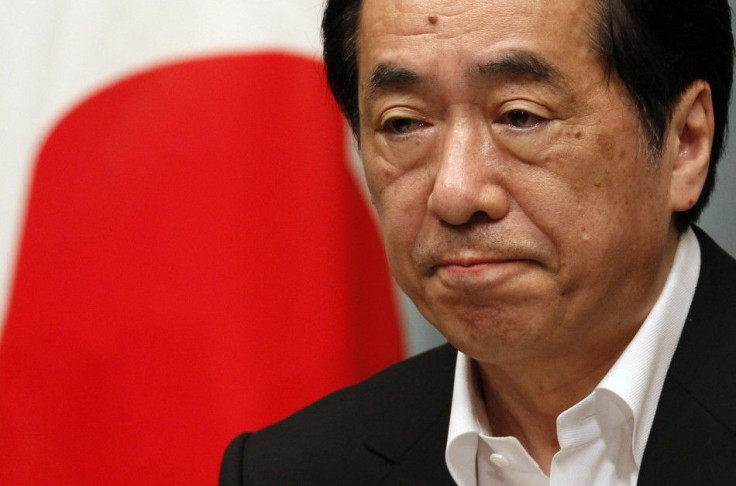Japanese PM Envisions Nuclear-Free Future

Four months after one of the greatest catastrophes his country has ever suffered, Prime Minister Naoto Kan said he wants to see a nuclear-free Japan.
The earthquake-tsunami disaster and the resultant nuclear crisis at Fukushima Daiichi power plant have raised calls for the end of nuclear energy in Japan among a wide swath of the public. Kan’s government has also been widely criticized for its handling of the ongoing emergency.
Rather, Kan said during a television news conference, Japan should dedicate itself to renewable energy sources, including solar, wind and biomass, and gradually phase out the dependence on nuclear power.
According to BBC, prior to the March earthquake, about one-third of Japan’s electricity was generated by nuclear power (the government had earlier wanted to hike that figure to 53 percent in two decades).
The tsunami changed everything and the nuclear expansion plans has been scrapped; probably permanently.
We will aim at realizing a society which can exist without nuclear power, Kan said.
During the speech, Kan referred to the government’s admittedly slow and haphazard response to the unfolding nuclear crisis.
My instructions as given in a report to the International Atomic Energy Agency [IAEA] following the Fukushima disaster, were for the Nuclear Industrial Safety Agency, which is supposed to check the safety of nuclear power plants in Japan and is under the jurisdiction of the Ministry of Economy, Trade and Industry [METI], to be made more autonomous from the government, he said.
But I understand that the delay in my instructions caused trouble to the public.”
Regarding Japan’s energy future, he declared: We will be able to manage society without nuclear power, but we need power in the meantime for the lives of Japan's people and industry and we must push for the public's understanding in conserving power this summer and beyond. In the future I will pursue my policy based on these basic plans and we should make a positive effort to secure renewable and natural energy sources and I would like to promote future policies based on this.”
However, Kan made no mention of if or when he would step down (something many have been demanding). He had earlier insisted he would remain Prime Minister until the nuclear crisis came under control.
Meanwhile, Kan’s popularity has sunk to an all-time. An opinion poll last week indicated that only one-in-six Japanese approve of his performance.
He has been under pressure to quit from both opposition parties and ministers of his own Democratic Party of Japan (DPJ).
© Copyright IBTimes 2024. All rights reserved.











